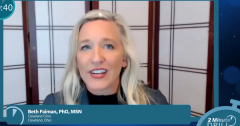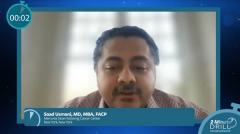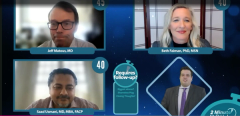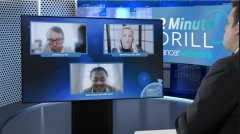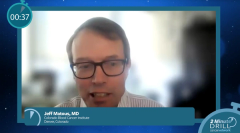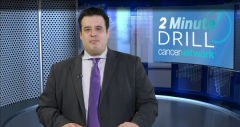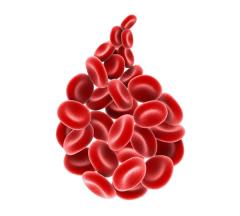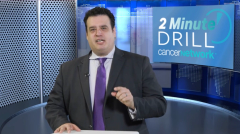
2-Min Drill: ASH 2023 Data That Require the Most Follow-up
Joshua Richter, MD, of Mount Sinai, and other hematologic cancer experts join CancerNetwork following the 2023 ASH Annual Meeting & Exposition to discuss data from the conference that require the most follow-up.
Episodes in this series

Richter: Let's keep going on, again, 1 minute each to the 3 of you. What trial was presented that requires the most follow-up as a next step until we can really start using these data? Jeff, of course, I will throw it to you to go first at this time.
Matous: Well thank you very much, Mr. Moderator, Dr Richter. I think it's the Immuno-PRISM trial. As we all know, active myeloma evolves out of smoldering myeloma and we think we can identify with relatively poor correlation between different models, higher-risk smoldering patients, and when we do so, the issue is: do we intervene or not?
Of course, the standard intervention if there is one is lenalidomide, but a number of different agents have been tested in the Immuno-PRISM prison trial, it was teclistamab in a 2:1 randomization. Dr Omar Nadeem presented it, and he actually presented 12 patients of the 19 enrolled who had received teclistamab; response rates were very high. Most impressively, after a median of about 6 cycles, all 12 patients who got teclistamab were MRD negative. The big question is: OK, what are we accomplishing with that both on the good side, on the side effects side, so I cannot wait to see how that plays out. Awlso, I want to let everyone know out there that we are opening this trial imminently here at our institution as well.
Richter: All right, you went a little long there, sir. But even though you did go a little long, Omar is a great guy, and the fact that we have 2 studies now with lenalidomide in the smoldering world that are really not necessarily changing practice, but this could with longer follow-up. I'm still gonna give you 20 points, because I really liked your answer. Dr Faiman, to you—what requires the most follow-up for next steps?
Faiman: Well, thank you so much for asking. I do like how Dr Matous buttered you up at the beginning of his response. I really like the DRAMMATIC study; that is the SWOG s1803 trial, which is randomizing patients to daratumumab plus lenalidomide or lenalidomide alone, and then there's a crossover. They do the MRD assessment, and then they can continue on therapy or not. These maintenance studies take a long time. While it wasn't necessarily presented at ASH 2023, it's a study that I'm involved with in my institution, and we have quite a lot of people enrolled in and I think that's a big question. Are we going to benefit patients by adding daratumumab after these years of experience with lenalidomide, based on the preponderance of data that we have with lenalidomide maintenance after stem cell transplant? I think it'll take a little bit of time, but that is a study that I'm looking forward to reading out to see if it'll be practice changing.
Richter: Right at the buzzer. You hit the post, absolutely at the top of my list of potential game-changing studies. It may take 3 to 5 years. I'm gonna go ahead and give you 20 points because I absolutely love this study. Dr Usmani, to you sir.
Usmani: In my mind, the big question is whether we need to use a different proteasome inhibitor for standard-risk or high-risk patients. It's not a question of which quad is better. Our group looked at RVd versus KRd for high-risk and actually published this data earlier. It's a single-institution, high-risk experience showing KRd may be better for patients. We're never going to have this head-to-head comparison. This is where the IsKia data—the anti-CD38 pls KRd vs KRd is important. I would really like to see those MRD-negativity rates in high-risk patients translating into better PFS benefit and telling me that, in 5 years, more than 80% of the patients are still disease free. That will make me choose anti-CD38 plus KRD as the induction of choice for high-risk patients.
Richter: Wonderful comment. Yes, IsKia only reported the MRD-negative rates couldn't agree more. We need to see more follow-up. It was an OK answer. I'm gonna give you 10 points; t was still Well done, sir. I do appreciate it.
Newsletter
Stay up to date on recent advances in the multidisciplinary approach to cancer.


